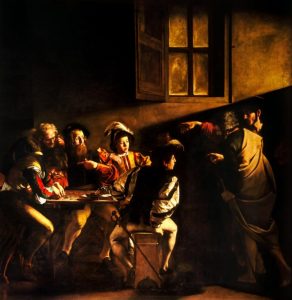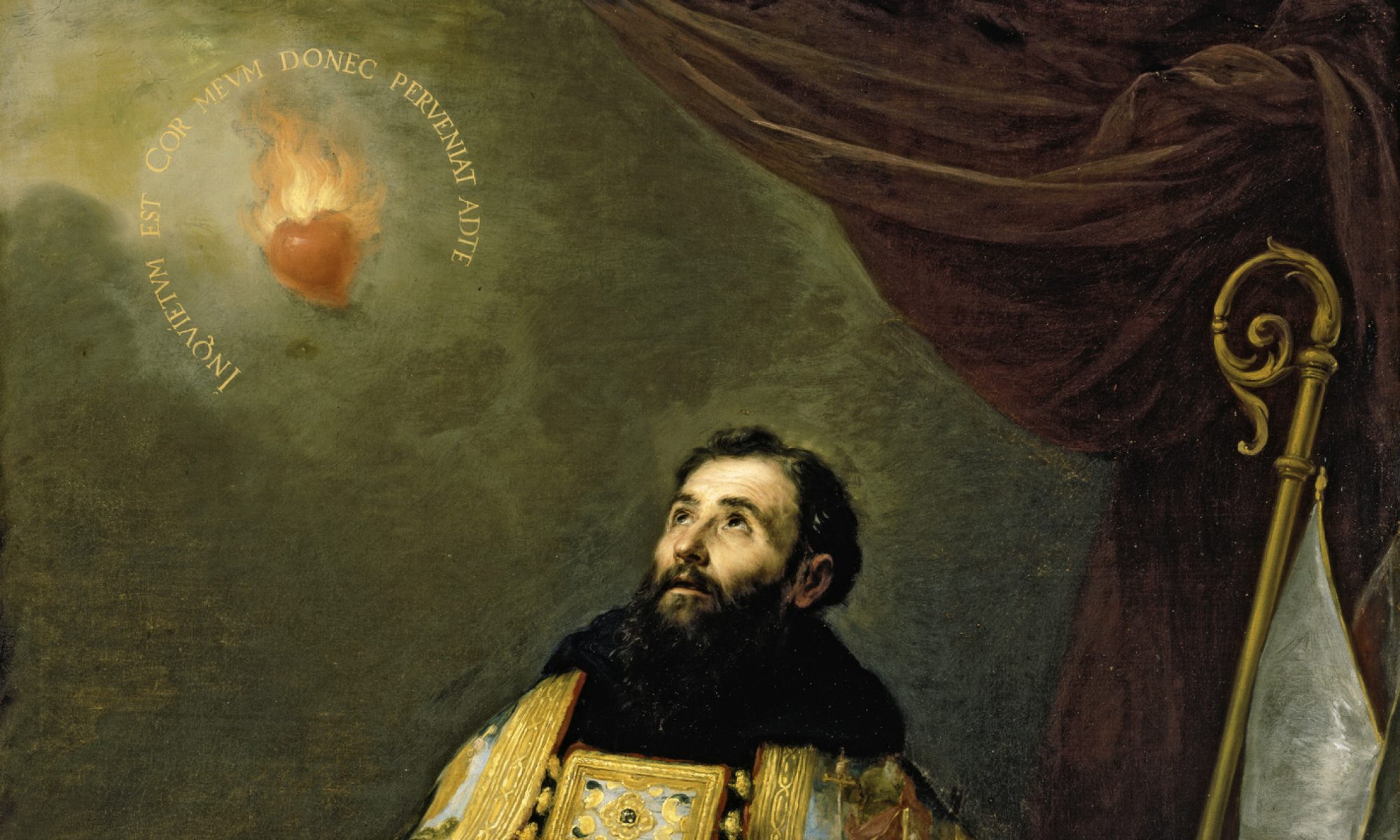I have a friend who is expecting a baby in October. She was actually not planning it because it would be her third child. She thinks of her successful career and was thinking of terminating the baby when she knew she was pregnant. It was a hard decision for her to make. She finally went to pray in the church to seek wisdom and understanding from God, and in the end, she accepted it with a loving heart, together with her husband and her two children. After that, it turned out to be easy for her, and it made all her relatives and friends happy. When something difficult happens in life, especially when we’re not sure what to do, what is needed is our surrender and prayer which makes everything clearer to accept God’s plan for us. It is perfectly right to enter into a relationship with God so that He can relate to us what is our best action and decision. Maybe, as with Shunem in our first reading, it is a good welcome blessing from God that will happen. Our attitude to trust God’s work is a quality of holiness.
The first reading today, taken from the 2nd Book of Kings, narrates about the Prophet Elisha who frequently stopped over to see his friend, Shunem, a woman of influence. Shunem and her husband were friends of Elisha. The couple offered him food and a place to stay overnight at their house. Elisha asked his servant how he could be of help to the couple. The servant told him that because her husband is getting on in years, they need a son. Elisha called Shunem and made a promise to her saying, “This time next year you will be fondling a baby son.”
The second reading, taken from the letter of St. Paul to the Romans, focuses on the reality of who we are and for what God has called us in union with Him in baptism. We are called to do and accomplish something to share ourselves with others just like Christ. Being one with Christ, we are also prepared to take all the risks as His followers wherever we go. We are all baptized in Christ; thus, the newness of life we have received in Christ brings us to live for God in Christ Jesus.
From the gospel of St. Matthew, Jesus is actually inviting us to love the way He loves and to accept His cross and to listen to what He says, “Whoever does not take up his cross and follow after me is not worthy of me.” The cross He wants us to carry is not literally the wooden cross per se, but the cross of love and sacrifice. If we love without self-sacrifice, we become narcissistic or self-absorbed, and our relationship with the other can become totally selfish. That love will always focus on self-needs, and it will be about control or manipulation of the other.
I believe that the greatest dissatisfaction of my life is when I realize that my pursuit of happiness is fixed on me, feeding my ego-tripping, and making myself look good for others so that I may be recognized.
Unfortunately, it always leaves me somehow empty, with a meaningless quest for personal glory craving for more. From our own experience, if we always make ourselves the center of the world, we become miserable and unhappy people.
Now I am beginning to be wise, knowing that I am more fulfilled in giving more to others. I guess this is precisely what Jesus is telling us, “Whoever loses his life for my sake will find it.” Self-emptying or losing oneself is to make my heart become more filled with Jesus so that I may have the heart for others. Like Jesus’ love, I am sure of my true identity and develop much confidence and fulfillment.
Today, Jesus guides us in the way of true loving, that is, self-emptying which is the gift of self for the other. I humbly pray that we may be more and more like Jesus who is loving, selfless and free. Let us discover the love of our heart and pattern our hearts to Jesus’ heart. St. Teresa of Avila says in her prayer, “Make our hearts like unto Thine.”
God bless you.
Fr. Arlon, osa
———————————
El Dictado del Corazón
Decimotercer Domingo del Tiempo Ordinario, año, A
- 2 Reyes 4:8-11, 14-16a
- Salmo 89:2-3, 16-17, 18-19
- Romanos 6:3-4, 8-11
- Mateo 10:37-42
Tengo una amiga que está esperando un bebé. Ella no estaba planeando tener otro bebé. Su plan era tener una carrera exitosa, y la idea de no tener el bebé cruzó por su mente. Pero sabía que sería una decisión difícil de tomar. Luego, escuchó a su corazón y vino a orar por la sabiduría, la guía y la comprensión de Dios. Con Gratitud y amor mi amiga, su esposo y sus hijos aceptaron al bebé y la voluntad de Dios. Su familia, parientes y amigos estaban felices de escuchar sobre la llegada de un nuevo bebé. Supongo que cuando sucede algo difícil y esperado en la vida, especialmente cuando no estamos seguros de qué hacer. Es necesario entregarse en oración a Dios y aceptar el plan de Dios para nosotros. Está perfectamente bien entrar en una relación con Dios. Tal vez como Sunem en nuestra primera lectura, es bueno recibir las bendiciones de Dios que sucederán. Nuestra actitud de confiar en la obra de Dios es una cualidad de santidad.
La primera lectura de hoy, tomada de la segunda carta del Libro de los Reyes, narra la historia del profeta Eliseo, quien frecuentaba a su amiga Sunem, una mujer influyente. Sunem y su marido eran amigos de Eliseo. La pareja le ofreció comida y un lugar para pasar la noche en su casa.
Eliseo le preguntó a su sirviente cómo podía ayudar a la pareja, entonces el sirviente le dijo que debido a que su esposo estaba envejeciendo, necesitaban un hijo. Eliseo llamó a Sunem y le prometió diciendo: “El próximo año por esta época estarás acariciando a un bebé”.
La segunda lectura, tomada de la carta de San Pablo a los Romanos, se enfoca en la realidad de quiénes somos y qué Dios nos ha llamado en unión con Él en el bautismo. Estamos llamados a hacer y lograr algo para compartirnos con los demás como Cristo. Siendo uno con Cristo, también estamos preparados para asumir todos los riesgos como sus seguidores dondequiera que vayamos. Todos somos bautizados en Cristo, por lo tanto, la novedad de vida que hemos recibido en Cristo nos lleva a vivir para Dios en Cristo Jesús.
Desde el evangelio de San Mateo, Jesús nos invita a amar como Él ama aceptar Su cruz y escuchar lo que Él dice: “El que no toma su cruz y me sigue, no es digno de mí”. La cruz que Él quiere que llevemos no es la cruz de madera per se, sino la cruz del amor y del sacrificio. Si amamos sin abnegación, nos volvemos narcisistas o egoístas, y nuestra relación con el otro puede volverse egoísta. Ese amor siempre se centrará en las necesidades propias, en el control o manipulación del otro.
Creo que la mayor insatisfacción de mi vida es cuando me doy cuenta de que mi búsqueda de la felicidad está fijada en mí, alimentando mi egoísmo y haciéndome bueno para los demás para que pueda reconocerme. Desafortunadamente, siempre me deja de alguna manera vacío, con una búsqueda sin sentido de la gloria personal anhelando más. Por nuestra propia experiencia, si siempre nos hacemos el centro del mundo, nos convertimos en personas miserables.
Ahora empiezo a ser sabio, sabiendo que me realizo más dando más a los demás. Supongo que esto es precisamente lo que Jesús nos está diciendo: “El que pierda su vida por causa de mí, la encontrará”. Vaciarse o perderse es hacer que mi corazón se llene más de Jesús para tener un corazón para los demás. Como el amor de Jesús, estoy seguro de mi verdadera identidad y desarrollo mucha confianza y realización.
Hoy, Jesús nos guía por el camino del verdadero amor, es decir, del despojo que es don de sí mismo por el otro. Ruego humildemente que seamos cada vez más como Jesús, que es amoroso, desinteresado y libre. Descubramos el amor de nuestros corazones y modelemos nuestros corazones al corazón de Jesús. Santa Teresa de Ávila dice en su oración: “Haz nuestros corazones hacia el tuyo”.
Dios lo bendiga.
Padre Arlón, osa




